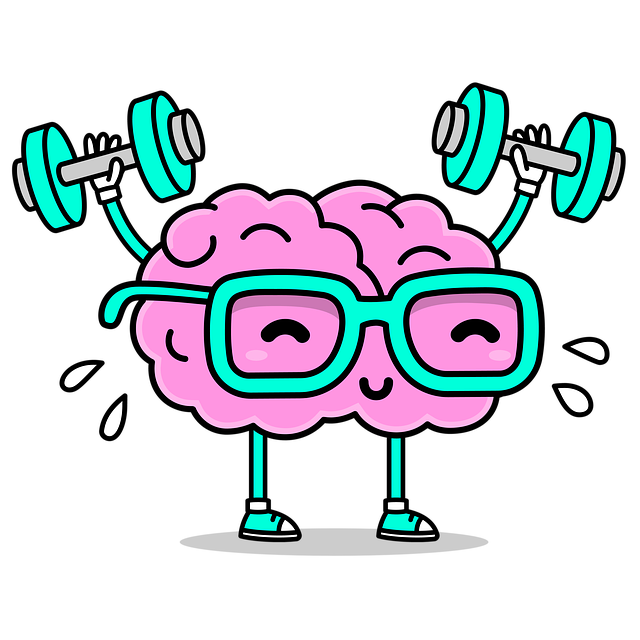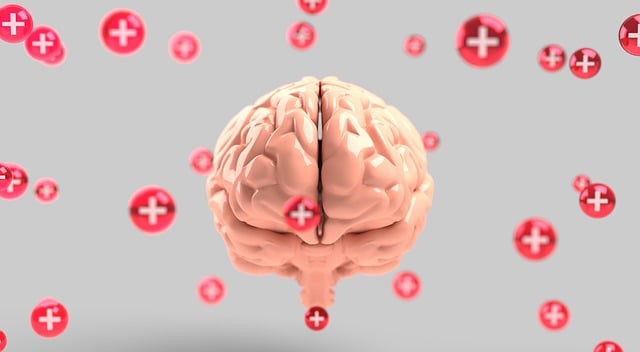Therapy for Adults Grief Counseling benefits significantly from Resilience-focused Mindfulness (RFM) techniques. This approach integrates risk, resistance, and motivational factors analysis to tailor support, foster healing, and build resilience through mindfulness practices, cognitive reframing, and emotional expression. RB exercises, backed by case studies, enhance self-esteem, confidence, and coping mechanisms, making them effective in individual therapy, community programs, schools, and corporate wellness.
Resilience is a powerful tool in navigating life’s challenges, especially during times of grief. This article explores how RFM (Resourceful Living Model) can be integrated into adult grief counseling, offering valuable insights into resilience-building exercises. We delve into the benefits of these strategies, providing therapists with practical tools for effective sessions. Through real-world case studies, we demonstrate the success of RFM in helping individuals cope with grief and fostering emotional well-being, ultimately enhancing traditional therapy approaches for adults grappling with loss.
- Understanding RFM and Its Role in Grief Counseling for Adults
- The Benefits of Resilience-Building Exercises
- Implementing RFM: Strategies for Effective Therapy Sessions
- Real-World Applications: Case Studies and Success Stories
Understanding RFM and Its Role in Grief Counseling for Adults

Understanding RFM (Risk, Resistance, and Motivational factors) is paramount in grief counseling for adults. This framework helps therapy for adults by providing a structured approach to assess and address the unique challenges individuals face when dealing with loss. By identifying risk factors that might impede the healing process, such as prior trauma or substance abuse, healthcare providers can tailor their support services to meet the client’s specific needs. Emotional intelligence plays a crucial role here, enabling counselors to understand and empathize with clients’ feelings while offering guidance and resilience-building exercises.
RFM analysis also uncovers resistance to change, whether it stems from cultural competency issues or personal defenses. Effective grief counseling must navigate these barriers gracefully. The goal is not just to provide trauma support services but to foster deep, lasting healing. Thus, by considering RFM, counselors can enhance their cultural competency training, ensuring they offer the best possible care for each client, helping them overcome emotional challenges and build resilience in their journey towards healing.
The Benefits of Resilience-Building Exercises

Resilience-building exercises offer a powerful therapy for adults dealing with grief and emotional trauma. These activities are designed to help individuals navigate difficult experiences and develop coping mechanisms that enhance their overall well-being. Through various methods, such as mindfulness practices, cognitive reframing, and emotional expression techniques, resilience training equips people with the tools to manage stress and build a sense of control. This is particularly beneficial for those seeking grief counseling, as it enables them to process their emotions, foster a positive mindset, and adapt to life’s challenges.
Confidence-boosting resilience exercises play a crucial role in emotional healing processes. By participating in structured workshops or organization-led stress management programs, adults can learn effective strategies to cope with adversity. These exercises promote self-awareness, encourage healthy expressions of emotions, and foster a sense of personal empowerment. As a result, individuals become better equipped to handle stressful situations, improving their mental health and overall resilience.
Implementing RFM: Strategies for Effective Therapy Sessions

Implementing RFM (Resilience-focused Mindfulness) in therapy sessions for adults can significantly enhance grief counseling and promote emotional healing. This approach emphasizes cultivating mindfulness skills to help individuals navigate their grief journey with increased resilience. During sessions, therapists can employ various strategies such as guided meditation practices, breathing exercises, and body scan techniques to support clients in developing a deeper awareness of their thoughts and emotions. By fostering a safe and supportive environment, therapists encourage clients to explore their feelings without judgment, allowing them to build mental fortitude against overwhelming grief.
Integrating RFM into therapy also involves tailoring interventions to individual needs and cultural backgrounds. Healthcare provider training in cultural competency ensures that sessions are inclusive and respectful of diverse perspectives. Additionally, incorporating positive thinking techniques and crisis intervention guidance enables therapists to empower clients with coping strategies for managing intense emotional states. This holistic approach not only facilitates healing but also equips individuals with lifelong tools to navigate life’s challenges more effectively.
Real-World Applications: Case Studies and Success Stories

In the realm of mental health support, Real-World Applications (RWA) of Resilience Building (RB) exercises have proven to be transformative, especially in the context of therapy for adults and grief counseling. Case studies from various settings reveal remarkable success stories. For instance, a study conducted among individuals seeking therapy for adults demonstrated significant improvements in self-esteem and confidence after incorporating RB techniques into their treatment plans. These exercises helped clients navigate challenging life situations with enhanced coping mechanisms, fostering resilience against future adversities.
The impact extends beyond individual therapy; RB approaches have been successfully integrated into community programs, schools, and corporate wellness initiatives. Success stories from these settings highlight the power of RB in cultivating a sense of purpose and emotional well-being. By promoting self-awareness and empowering individuals to face life’s challenges head-on, Resilience Building exercises contribute to a boost in confidence, enabling folks to thrive despite adversity.
Resilience is a powerful tool in therapy, especially for adults grappling with grief. By implementing RFM (Resilience-focused Modeling) exercises, therapists can equip individuals with effective coping strategies to navigate life’s challenges. This approach, as highlighted in this article, not only aids in grief counseling but also fosters overall mental well-being. Through case studies and success stories, it’s evident that integrating resilience-building activities into therapy sessions can lead to profound and lasting positive outcomes for adults seeking support for their emotional health.













